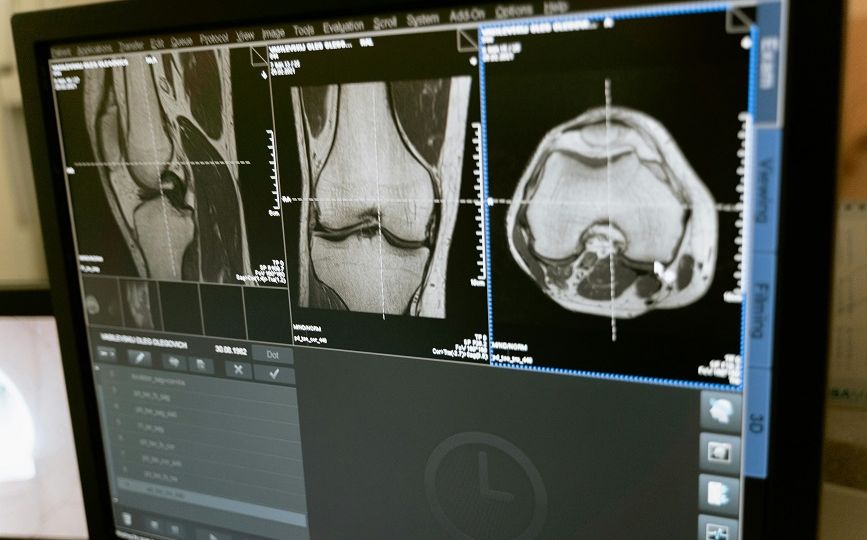
In today's fast-paced world, maintaining bone health is crucial, especially with the increasing prevalence of osteoporosis. Proper nutrition is a cornerstone in preventing this condition. In this comprehensive guide, we'll delve into the role of nutrition in averting osteoporosis, offering practical tips and insights to keep your bones strong and healthy.
The Importance of Bone Health
Ensuring strong and healthy bones is essential for overall well-being and mobility. Bones provide structural support, protect vital organs, and facilitate movement. However, as we age, bone density decreases, increasing the risk of fractures and osteoporosis, a condition characterized by brittle and fragile bones.
Understanding Osteoporosis
Osteoporosis is a progressive bone disease that weakens bones, making them more susceptible to fractures. It often remains undetected until a fracture occurs, making prevention crucial. Factors such as genetics, lifestyle choices, and nutrition significantly influence bone health.
Nutrition and prevention of osteoporosis
Proper nutrition plays a pivotal role in preventing osteoporosis. A diet rich in essential nutrients helps maintain bone density and strength, reducing the risk of fractures. Here are key dietary recommendations for preventing osteoporosis:
Calcium-Rich Foods
Calcium is vital for bone health, aiding in bone formation and strength. Incorporate calcium-rich foods such as dairy products, leafy greens, tofu, almonds, and sardines into your diet. Aim for the recommended daily intake of calcium to support optimal bone health.
Vitamin D
Vitamin D is essential for calcium absorption and bone mineralization. Spend time outdoors to allow your body to naturally produce vitamin D through sun exposure. Additionally, include vitamin D-rich foods such as fatty fish, egg yolks, and fortified dairy products in your diet.
Protein Sources

Protein is crucial for bone health as it provides the building blocks for bone tissue. Incorporate lean protein sources such as poultry, fish, legumes, and nuts into your meals to support bone strength and repair.
Magnesium and Vitamin K
Magnesium and vitamin K play integral roles in bone metabolism and calcium regulation. Include foods such as spinach, kale, broccoli, nuts, seeds, and whole grains in your diet to ensure an adequate intake of these nutrients.
Limit Sodium and Caffeine
Excessive sodium and caffeine consumption can interfere with calcium absorption and increase calcium excretion, potentially weakening bones. Limit your intake of processed foods high in sodium and moderate your caffeine consumption for optimal bone health.
Hydration
Staying hydrated is essential for overall health and bone function. Aim to drink an adequate amount of water daily to support optimal bone density and prevent dehydration-related complications.
Exercise Regularly
In addition to proper nutrition, regular exercise is crucial for maintaining bone health. Weight-bearing exercises such as walking, jogging, dancing, and strength training help strengthen bones and reduce the risk of osteoporosis.


